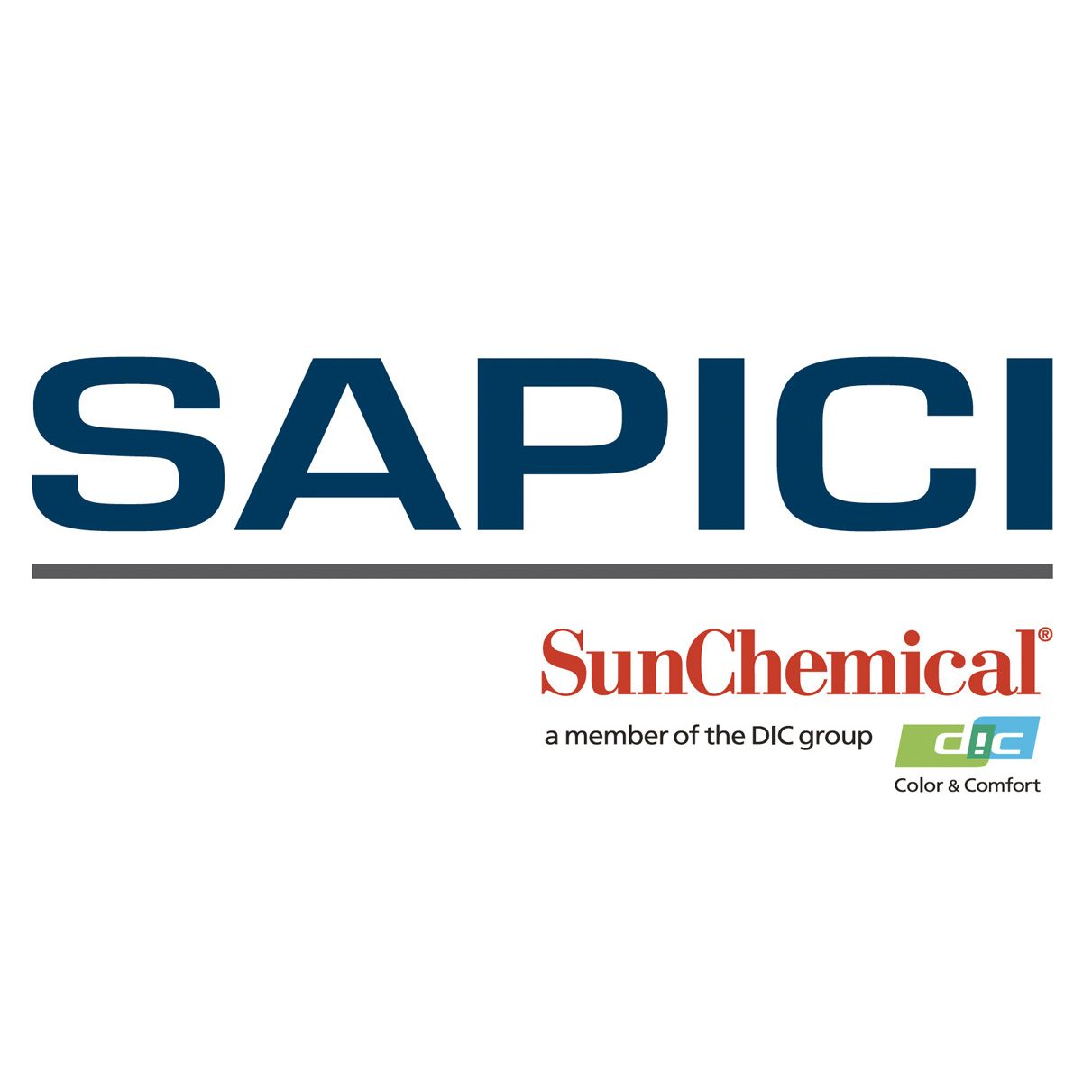[Over to… Cristian Furiosi, CEO of Sapici SpA
Technology and safety for sustainability
by
Sapici


«Attention to performance, innovation, safety, also in accordance with legislative requirements in continuous evolution, are the cornerstones that characterize the world of packaging. Sapici operates in this context, having as its core business the production of polyurethane polymers for coatings, flexible packaging and industrial applications.
Operating since middle of the 1930s, today we are part of Sun Chemical, a member of the DIC Group, with which, moreover, we set up a commercial partnership in 2017.
Our daily activities are based on essential values such as the continuous improvement of the quality of products and services, consistency with elevated production standards and compliance with the most stringent local, national and international regulations, particularly in terms of attention to individual health and safety and environmental protection and sustainability.
A supply-chain commitment
When talking of sustainability, but also of flexible packaging, reference must inevitably be made to the need for collaboration between all the operators in the supply chain, not only converting companies, but also manufacturers of machines, recycling entities…… A holistic approach is important, as the Ethical Charter states.
Our commitment in the direction of a greater “food” safety of flexible packaging dates to 2004, the year in which we presented (when no one was talking about it yet) the first polyurethane systems with very low free monomer content. We were far-sighted, pioneers, and it took quite a bit of time and determination before the market fully understood the value of this innovation.
Now these products are widely found and are used, for example, in adhesives and laminating inks which Sun Chemical is able to provide as an integrated solution, offering the advantage of greater safety for converters and consumers.
More precisely, with our polyurethanes we comply with the latest REACH update of 2020, which aims at ensuring a greater level of protection to operators in printing and converting companies, as well as the still applicable obligation to limit the migration of aromatic amines from the packaging coupled to the product to 2 ppb.
With regards to the question of sustainability, by 2012, we had implemented a series of bio-based products, including polyesters used most of all in packaging but also in the cosmetics and textile sectors, that is, where there seems to be a greater sensibility of consumers.
For each application, its product
Sapici, moreover, has built its history on the supply of products tailored to different needs and requests. Our approach to quality starts from the selection of the best raw materials that we use for the development and production of a wide range of products.
Today, to respond to market trends, we have developed, in partnership with Sun Chemical, adhesive systems/compostable certified ink, to be used in combination with compostable substrates available on the market; adhesives and coatings with gas barrier characteristics, designed for producing mono-material multi-layer structures able to facilitate recycling, but at the same time, guarantee adequate protection and shelf-life of the products, thereby avoiding food waste.
This last aspect, for us and for converters, is a must that should not need any explanation… The question is different with regards to consumers, who still lack the necessary information to understand the complex world of all-round packaging sustainability without any kind of prejudice.
The costs of change
The fact is that the dissemination of sustainable solutions is still hindered by mere economic evaluations because, unfortunately, the tendency is still to focus on the price of the single components of the packaging and not on the cost of the packaging as a whole, perhaps also evaluating its life-cycle to end-of-life.
I would have expected an exponential growth, but this has not so far been the case.
In all events, it is necessary to operate on the market with numerous diversified proposals, so as to be able to offer, for example, compostable solutions where these products are growing strongly – see the USA – or recyclable materials to countries that have an efficient system for giving new life to packaging, like Italy.
It is clear, moreover, that the perfect packaging does not exist, and it is necessary to find the right solution for every application on the basis of scientific data.
Shared responsibility
Today, more than ever, as part of Sun Chemical, a member of the DIC Group, we have a holistic approach, not only to the product, but also to production.
On the one hand, in fact, we are subject to stringent regulations and continuous controls, as is correct. On the other hand, we are committed to a constant process of improvement, which is demonstrated in the Group’s Sustainability report in which, among other things, we indicate the goals of reducing energy consumption, waste, etc..
We have also adopted Sun Chemical’s ethical code, which coincides with that of the DIC Corporation.
Sustainability should mean, however, also attention to the methods of consumption that have important impacts on the environment. Eating, for example, seasonal fruit and vegetables could be a good habit, to be linked, perhaps, to a more reasoned way of purchasing pre-packaged products.
In general, more consumer education would, therefore, be necessary, and in this sense, institutions could do a lot more».

